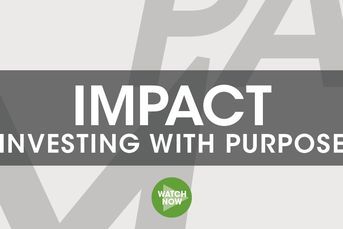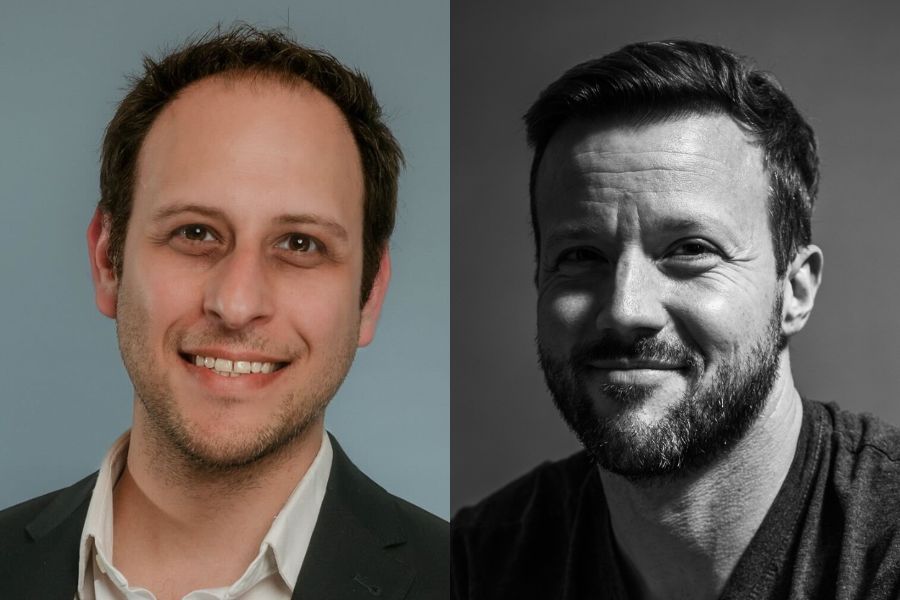Credit Suisse’s U.S. clients in limbo as prosecutors inch ahead
Thousands of Credit Suisse Group AG's U.S. clients still don't know whether tax authorities will learn their identities as prosecutors work to conclude a three-year probe of how the bank helped them evade taxes.
Thousands of Credit Suisse Group AG’s U.S. clients still don’t know whether tax authorities will learn their identities as prosecutors work to conclude a three-year probe of how the bank helped them evade taxes using Swiss bank secrecy.
U.S. senators last week faulted the Justice Department for securing names for only 238 of 22,000 Americans with Credit Suisse accounts, saying the bank helped them hide as much as $10 billion from the Internal Revenue Service. The pressure of a subcommittee report and hearings will force prosecutors to act more aggressively as they negotiate a settlement with Credit Suisse to end the probe and get more names, said Jeffrey Neiman, a former federal prosecutor.
“These hearings are going to give some sort of momentum to the Justice Department,” said Mr. Neiman, now at Marcus Neiman Rashbaum. “Criminal cases are all about momentum, where one event leads to another, which leads to culmination.”
Credit Suisse is the largest of 14 Swiss banks under criminal investigation for helping Americans cheat the IRS. At the Feb. 26 Senate hearing, Chief executive Brady Dougan apologized, saying a small group of Swiss-based bankers appear to have broken U.S. law and fooled top managers. The bank began slashing its U.S. client list in 2008, and the 3,500 remaining comply with U.S. tax laws, General Counsel Romeo Cerutti said.
Sen. Carl Levin, the Michigan Democrat who led the hearing, said that wasn’t enough. Credit Suisse, the largest Swiss bank after UBS AG, can’t move forward until it helps the Justice Department identify account holders still shielded by Swiss bank secrecy, he said.
“If you’re serious about the future, and all of us want to talk about the future, you damn well better have accountability for the past,” Mr. Levin told reporters after the hearing.
Mr. Levin, chairman of the Senate Permanent Subcommittee on Investigations, criticized the Justice Department for failing to enforce grand jury subpoenas or file civil court actions known as John Doe summonses to identify account holders. He said prosecutors relied too heavily on requesting names under a U.S.-Swiss tax treaty, which he said is a “highly restrictive, maddeningly slow and unproductive process.”
Swiss law makes it a crime to release account holders’ names, except in treaty requests involving suspected tax fraud rather than evasion. Levin repeatedly criticized Deputy Attorney General James Cole for deferring to Swiss bank secrecy instead of enforcing U.S. laws more vigorously.
CRACKDOWN OFFSHORE
Mr. Cole pointed to successes in a five-year crackdown on offshore tax evasion, including the 43,000 Americans who told the IRS about offshore accounts and paid back taxes and penalties to avoid prosecution and the 106 Swiss banks seeking non-prosecution deals. Cole declined to answer the subcommittee’s questions about the criminal probe of Credit Suisse. Seven of its bankers were indicted in 2011, when prosecutors said the bank was a target of the probe.
Mr. Levin said an amendment to the U.S.-Swiss tax treaty, which has been blocked in the Senate, is intended to give Swiss regulators more authority to identify owners of accounts held after September 2009. The bank disclosure program would reveal data only for accounts held after August 2008 without naming customers. Both limitations hamper the ability of prosecutors to identify people who held accounts before 2008, Mr. Levin said.
Bank customers driven by fear of prosecution have voluntarily disclosed their offshore accounts, said tax attorney Bryan Skarlatos. He said his firm, Kostelanetz & Fink, has helped 1,300 such clients since 2009.
“In large part, the Senate is focusing on last year’s problems,” he said. “The overwhelming majority of people who hid their accounts at Credit Suisse and other places have made voluntary disclosures.”
Mr. Levin’s subcommittee detailed how Credit Suisse sent Swiss-based bankers to the U.S. to woo potential clients at golf tournaments and an annual Swiss ball. To cover their tracks, bankers delivered account statements they wouldn’t mail and advised clients to shred them. Clients came to a bank office at the Zurich airport so they could bypass a trip into town.
Mr. Dougan admitted to the panel that bankers worked with outside intermediaries to help U.S. clients set up offshore shell entities with money deposited at Credit Suisse in the names of the entities rather than the clients. Such conduct, Mr. Dougan said, was egregious. While two intermediaries are under U.S. indictment, prosecutors know of three others, Mr. Cerutti said. He said no one had been fired for such conduct at Credit Suisse.
UBS LESSONS
In questioning U.S. tax prosecutors, Mr. Levin urged Mr. Cole to draw lessons from the case five years ago against UBS.
The U.S. asked a court in 2008 for authority to serve a John Doe summons seeking the identities of UBS account holders.
In February 2009, UBS avoided prosecution by paying $780 million, admitting it fostered tax evasion, and handing over data on more than 250 accounts. A day after the deferred-prosecution agreement, the IRS filed a lawsuit to enforce the summons while also seeking the names of 52,000 UBS clients.
The Swiss government helped UBS defend the case before U.S. District Judge Alan Gold in Miami. He changed the direction of the litigation in July 2009 when he ordered the U.S. to disclose “how far it intends to proceed by way of request for enforcement, up through and including receivership and/or seizure of UBS’ assets within the United States” if the Swiss prevented the bank from complying.
Within days, the U.S. and Swiss governments and UBS began settlement talks. Gold’s order spurred those negotiations, said Stuart Gibson, then the Justice Department attorney litigating the case. After Secretary of State Hillary Clinton stepped in, UBS and the Swiss agreed to hand over data on 4,450 accounts.
“The general perception was that there was a significant likelihood that the judge would order UBS to comply in full with the John Doe summons,” said Mr. Gibson, who now works as a consultant. “I believe that there were serious concerns about what the consequences would be to the bank if they lost.”
Such an option remains in the Credit Suisse case, he said.
“It would seem that based on the evidence of Credit Suisse’s conduct cited in the committee report, there would be ample evidence to issue and enforce a John Doe summons,” Mr. Gibson said.
Mr. Skarlatos said the Swiss disclosure program will lead to 106 banks producing information short of client names. Those banks will encourage clients to make disclosures themselves.
(Bloomberg News)
Learn more about reprints and licensing for this article.







